October 13, 2015
Small business demand for coworking space ‘set to soar’ in the UK 0
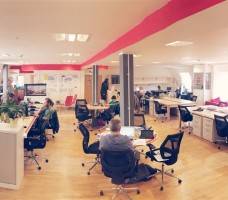 New research from the UK solicitors network QualitySolicitors claims that demand for flexible coworking space is set to soar, with 71 percent of SMEs predicting this to be a priority for them in the short and medium term. According to the study of 250 small business decision makers, over two fifths (42 percent) believe that having a flexible and adaptable space where they can grow is ‘more important’, almost a fifth (18 percent) say it’s important to be able to interact and collaborate on ideas with other businesses in their premises and a further 39 percent are looking for a workspace with networking opportunities. It’s not just the space that needs to be flexible however; over half (54 percent) claim they want flexible, short term lets when negotiating their lease and 53 percent would demand a break clause to prevent them from being tied down if the space is no longer practical for their business.
New research from the UK solicitors network QualitySolicitors claims that demand for flexible coworking space is set to soar, with 71 percent of SMEs predicting this to be a priority for them in the short and medium term. According to the study of 250 small business decision makers, over two fifths (42 percent) believe that having a flexible and adaptable space where they can grow is ‘more important’, almost a fifth (18 percent) say it’s important to be able to interact and collaborate on ideas with other businesses in their premises and a further 39 percent are looking for a workspace with networking opportunities. It’s not just the space that needs to be flexible however; over half (54 percent) claim they want flexible, short term lets when negotiating their lease and 53 percent would demand a break clause to prevent them from being tied down if the space is no longer practical for their business.







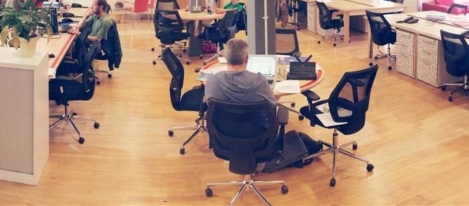
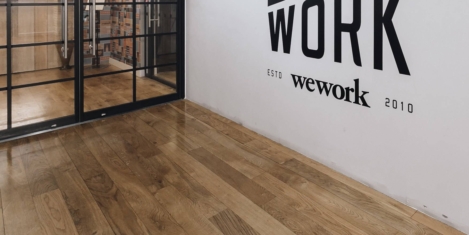



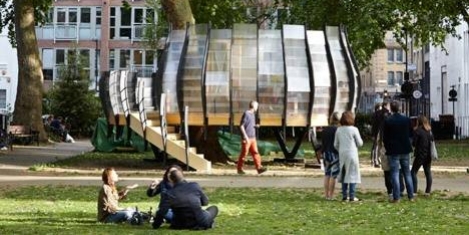

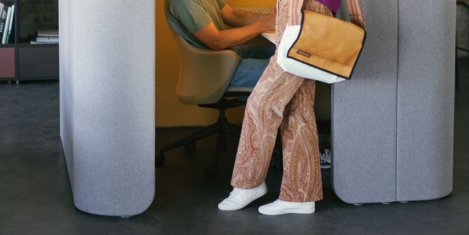
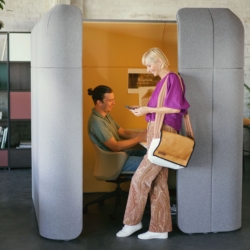
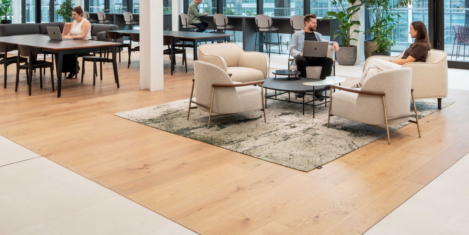
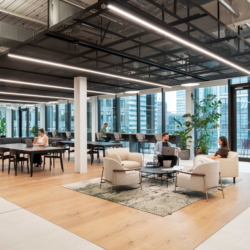






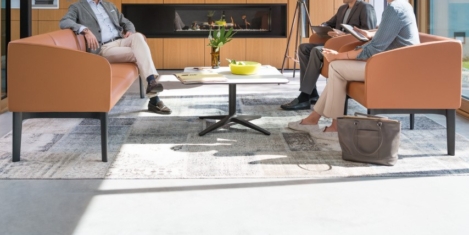










April 30, 2025
Co-working spaces bring a whole range of benefits for employees and communities
by Mariachiara Barzotto • Comment, Flexible working, Property, Workplace design